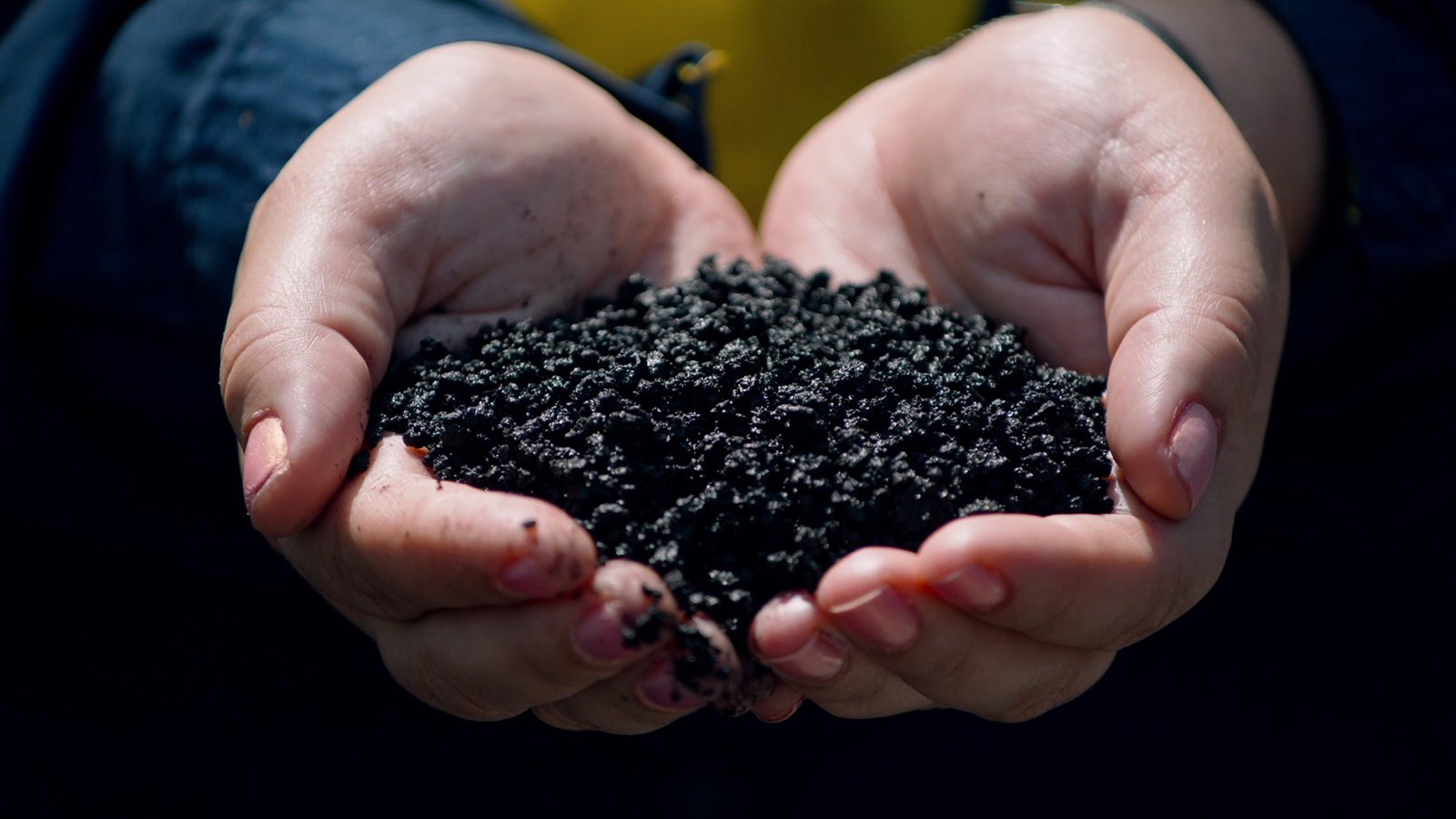Brisbane-based scientists build Australia's first facility to transform human waste into renewable energy and a sustainable product

The Number 2 Solution is a documentary spotlighting how Brisbane-based scientists built Australia’s first facility to transform human waste into renewable energy and a sustainable product called Biochar.
This is a story about what happens after the cooking show ends.
Produced by Screen Queensland, the Australian Broadcasting Corporation (ABC) and A Cross Border, the Number 2 Solution is a short documentary directed by Morgan Pelt focusing on how Dr Payel Sinha and Johanna Johnson created Biochar, Australia's first facility to transform human waste into renewable energy.
Logan City Council's Logan Water featured in the documentary spotlighting how the Loganholme Wastewater Treatment Plant facilitated the building of the Biochar facility and the steps required to change number two's to a number one solution.
"This treatment plant has been around here since the 1970's, it deals with sewage from all of Logan so about 300,000 people. Wastewater treatment plants capture everything, so when you apply biosolids to land, you are applying in trace elements (like microplastics) that come up through the soil" - Johanna Johnson
Shockingly, microplastics are in everything from food to frying pans, microwave popcorn and more with Australians consuming a credit card per month in microplastics.
"Everything that we are consuming which is one time use, we are throwing away. These are all plastics that either end up in landfill or scary part is if we are consuming something in it, it's ending up in us and it is everywhere, it's in our food" - Payel Sinha, Agricultural Scientist.
Biochar was created as an Australian first initiative to eliminate microplastics, PFAs and create renewable material. The process involves drying sewage and heating it up to above 600 degrees Celsius to removing all PFA's and reducing microplastics by 80%.
"To get to Biochar, we have to dry it... Now that we have this material (That doesn't have microplastics). it becomes a material which can help... Biochar is made up of about 52% carbon which is sequestered carbon and doesn't move out to the environment, it can then be used as activated carbon or many potential uses"
- Johanna Johnson.The short documentary recently completed a run at the Sydney Film Festival (SFF) where it was shortlisted for the Sustainable Future Award. Interested viewers can stream for free on ABC iView here.
"I love working in this type of environment and doing something actively about climate change. I hope this is the catalyst for not only having gasification facilities in Australia but throughout the world because what it's doing is solving an age old problem that we have that drives me to keep doing these types of projects."
- Johanna Johnson
